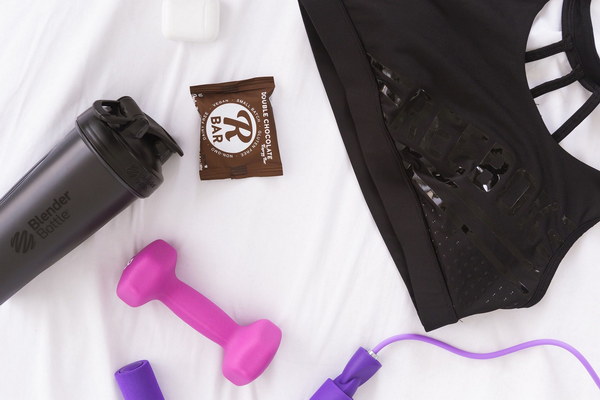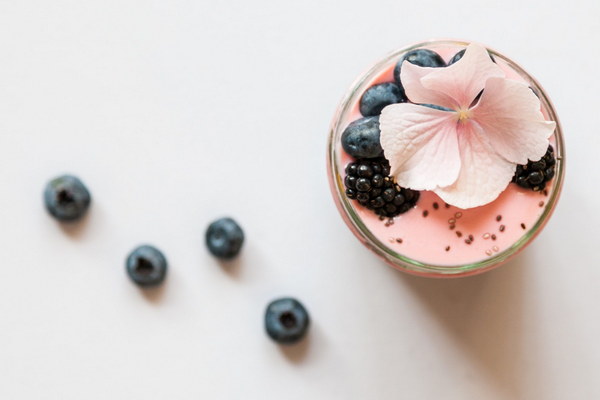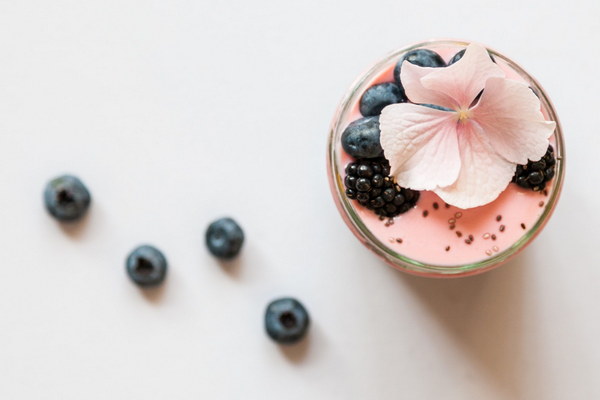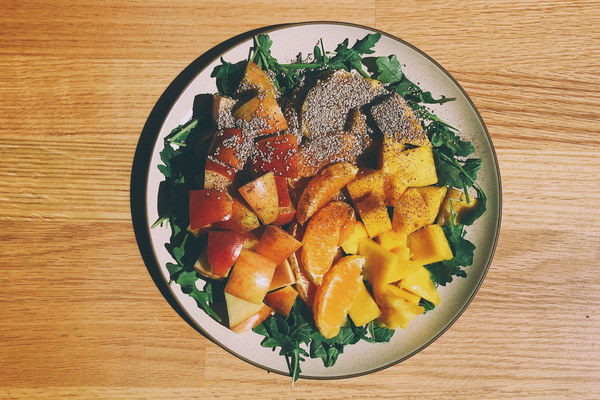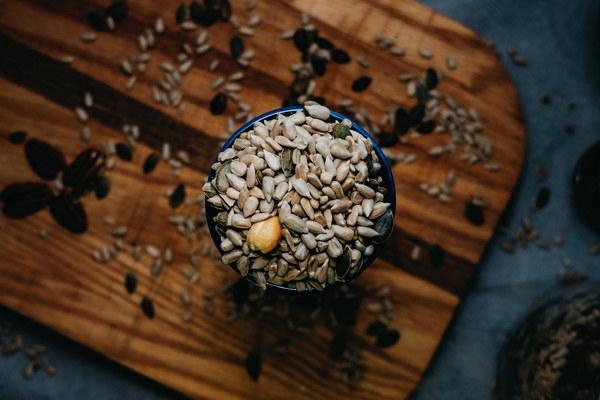The Best Time of Year to Boost Your Immune System Top Tips for Seasonal Supplementation
As the seasons change, so does our body's need for specific nutrients to maintain optimal health and immunity. The best time of year to boost your immune system lies in the transition periods when our bodies are most susceptible to seasonal illnesses. This article explores the best months for supplementing and offers top tips to keep your immune system strong year-round.
Introduction
The immune system is our body's defense mechanism against infectious diseases and foreign invaders. A robust immune system can help us ward off common colds, flu, and more serious illnesses. Certain months of the year are more critical than others for enhancing our immune response. Here's a guide to the best time to boost your immune system and how to do it effectively.
Spring: March to May
Spring marks the end of winter and the beginning of the warmer months. As the weather warms up, our bodies are still recovering from the cold and flu season. This makes it the ideal time to replenish vital nutrients and boost your immune system.
1. Vitamin D: With the longer days and increased sunlight, your body can produce more vitamin D. However, it's still essential to supplement if you're not getting enough sunlight exposure. Vitamin D3 supplements can help strengthen your immune system and support bone health.
2. Vitamin C: Spring is the time for fresh, vitamin-C-rich fruits and vegetables like oranges, strawberries, and bell peppers. Consuming these foods can help support your immune system. Additionally, vitamin C supplements can help reduce the duration and severity of colds.
3. Zinc: This essential mineral plays a crucial role in immune function. Foods like nuts, seeds, and legumes are high in zinc. You can also take a zinc supplement to ensure you're getting enough of this vital nutrient.
Summer: June to August
As the weather heats up, your immune system may face new challenges, such as dehydration and exposure to UV rays. It's important to stay hydrated and protect your skin while maintaining a strong immune response.
1. Hydration: Drink plenty of water to stay hydrated, as dehydration can weaken your immune system. You can also consume electrolyte-rich beverages to replenish essential minerals lost through sweating.
2. Antioxidants: Summer fruits and vegetables like berries, tomatoes, and bell peppers are high in antioxidants, which help protect your immune system from oxidative stress. Incorporate these foods into your diet for a healthy immune boost.
3. Probiotics: Probiotics are beneficial bacteria that can help maintain a healthy gut, which is crucial for immune function. Enjoy probiotic-rich foods like yogurt, kefir, and sauerkraut, or consider a probiotic supplement.

Autumn: September to November
As the weather cools and the leaves change, it's time to prepare your immune system for the upcoming cold and flu season. This is the perfect time to focus on strengthening your defenses.
1. Vitamin E: This fat-soluble vitamin is a powerful antioxidant that can help protect your immune system. Foods like nuts, seeds, and avocados are excellent sources of vitamin E, or you can take a supplement to ensure you're getting enough.
2. Selenium: This mineral supports immune function and acts as an antioxidant. Foods like Brazil nuts, fish, and whole grains are high in selenium. You can also take a selenium supplement to support your immune system.
3. Garlic: Garlic is known for its immune-boosting properties. Adding fresh garlic to your meals or taking a garlic supplement can help keep your immune system strong during the fall and winter months.
Winter: December to February
Winter is the peak season for colds and flu, so it's essential to keep your immune system strong during these months.
1. Vitamin A: This vitamin is crucial for immune function and can be found in orange and yellow vegetables like carrots, sweet potatoes, and pumpkin. Consuming these foods or taking a vitamin A supplement can help keep your immune system robust.
2. Vitamin B6: This vitamin is important for the production of antibodies and red blood cells. Foods like chicken, fish, and bananas are rich in vitamin B6, or you can take a supplement to ensure you're getting enough.
3. Echinacea: This herbal supplement is traditionally used to boost the immune system and reduce the severity of colds and flu. Consult with a healthcare provider before taking echinacea, as it may not be suitable for everyone.
Conclusion
The best time to boost your immune system lies in the transition periods between seasons. By focusing on specific nutrients during these critical months, you can help ensure your immune system is strong and ready to face the challenges ahead. Incorporate these top tips into your daily routine to maintain a robust immune response year-round.
